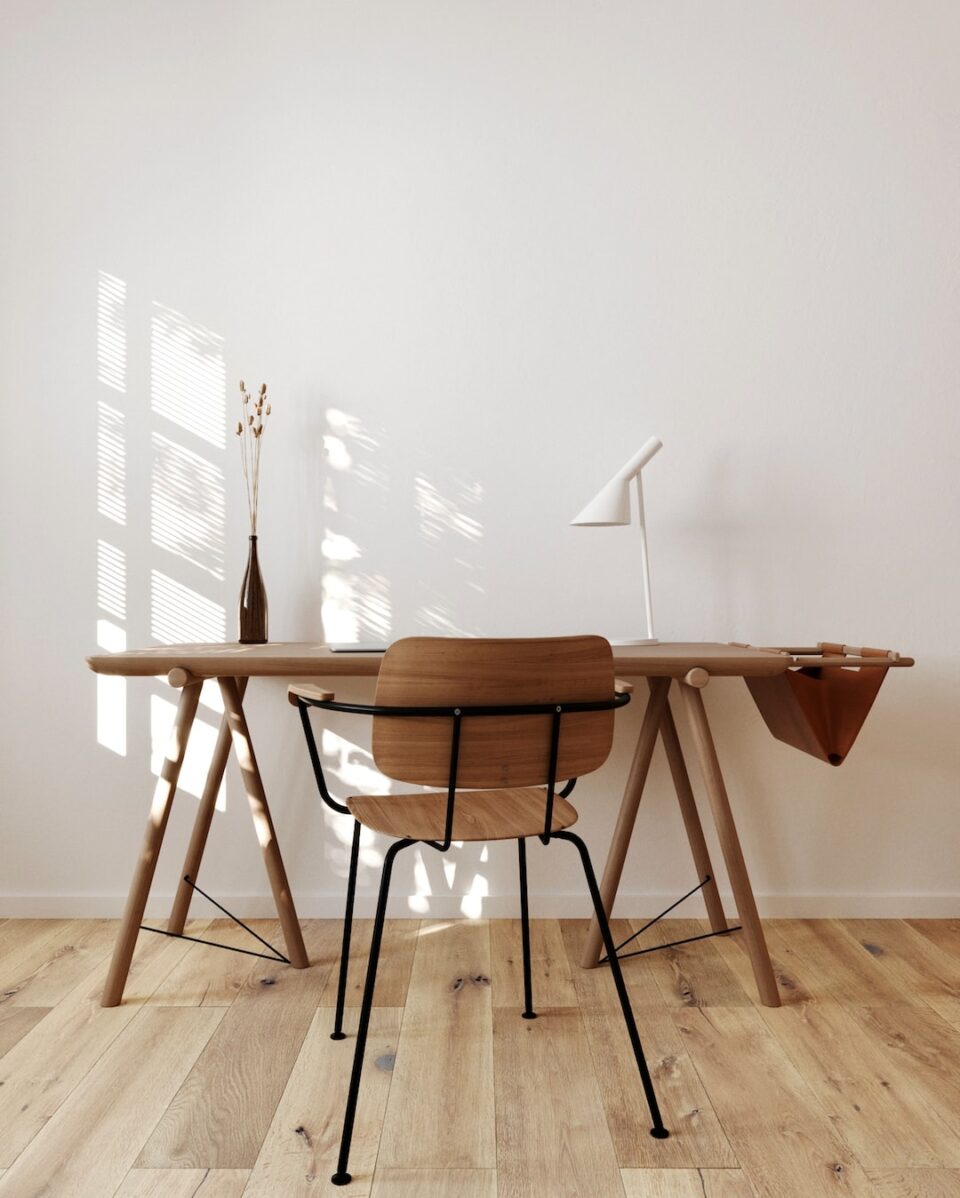Discovering the Rich History of Romania: Must-Visit Historical Sites
Romania is a country with a rich history, encompassing a wide range of cultures and influences from various civilizations. From ancient settlements to medieval castles, Romania is full of historical sites that tell captivating tales of its past. For history buffs and cultural enthusiasts, exploring these sites is a must, and one such example is the enchanting pottery of Romania, known as “poterie roumaine.”
Romania’s history dates back thousands of years, and the presence of ancient civilizations can be seen in the remarkable archaeological sites found throughout the country. One of the most renowned sites is Sarmizegetusa Regia, the ancient capital of the Dacian Kingdom. Located in the heart of the Carpathian Mountains, this site was a sacred place where rituals and ceremonies were held. Visitors can still witness the remnants of temples, sanctuaries, and defensive structures, providing a glimpse into the rich Dacian culture.
Moving forward in history, the medieval period left an indelible mark on Romania, with numerous castles and fortresses sprinkled across the countryside. Bran Castle, often referred to as Dracula’s Castle, is a prime example. Perched atop a cliff in the Transylvanian countryside, this Gothic landmark is steeped in mythical tales. Although not directly linked to the famous vampire character, it still has an aura of mystery that attracts visitors from around the world.
Another fascinating historical gem is the Painted Monasteries of Bucovina. These unique monastic complexes are adorned with vivid frescoes that depict biblical scenes and historical events. The colors have remained remarkably well-preserved over the centuries, making them a truly mesmerizing sight. Voronet Monastery, known as the “Sistine Chapel of the East,” is one of the most spectacular examples, featuring a vibrant blue hue that cannot be replicated.
Now, let’s focus on the remarkable world of Romanian pottery, or “poterie roumaine.” Throughout the centuries, pottery has played a significant role in Romanian culture, serving both practical and artistic purposes. Romanian pottery is characterized by its vibrant colors, intricate designs, and traditional motifs. The craftsmanship and techniques used in the creation of these beautiful pieces have been passed down through generations.
One of the best places to experience Romanian pottery is the Horezu Monastery, located in the picturesque region of Wallachia. Here, visitors can admire the local artisans at work, molding clay into stunning forms with remarkable precision. The monastery itself is also an architectural masterpiece, with its unique style known as “Brancovenesc.”
In the northern part of Romania, the town of Marginea is famous for its black ceramics. Made from a special type of clay, the black ceramic creations stand out for their elegance and simplicity. Visitors can join workshops and witness the fascinating process of creating these exquisite pieces.
In conclusion, Romania offers an abundance of historical sites that provide a window into its rich past. Exploring the ancient settlements, medieval castles, and enchanting pottery of Romania, or “poterie roumaine,” allows visitors to embark on a captivating journey through time and experience the country’s vibrant cultural heritage. Whether it’s the breathtaking landscapes, architectural wonders, or traditional crafts, Romania is a destination that never fails to leave a lasting impression.

